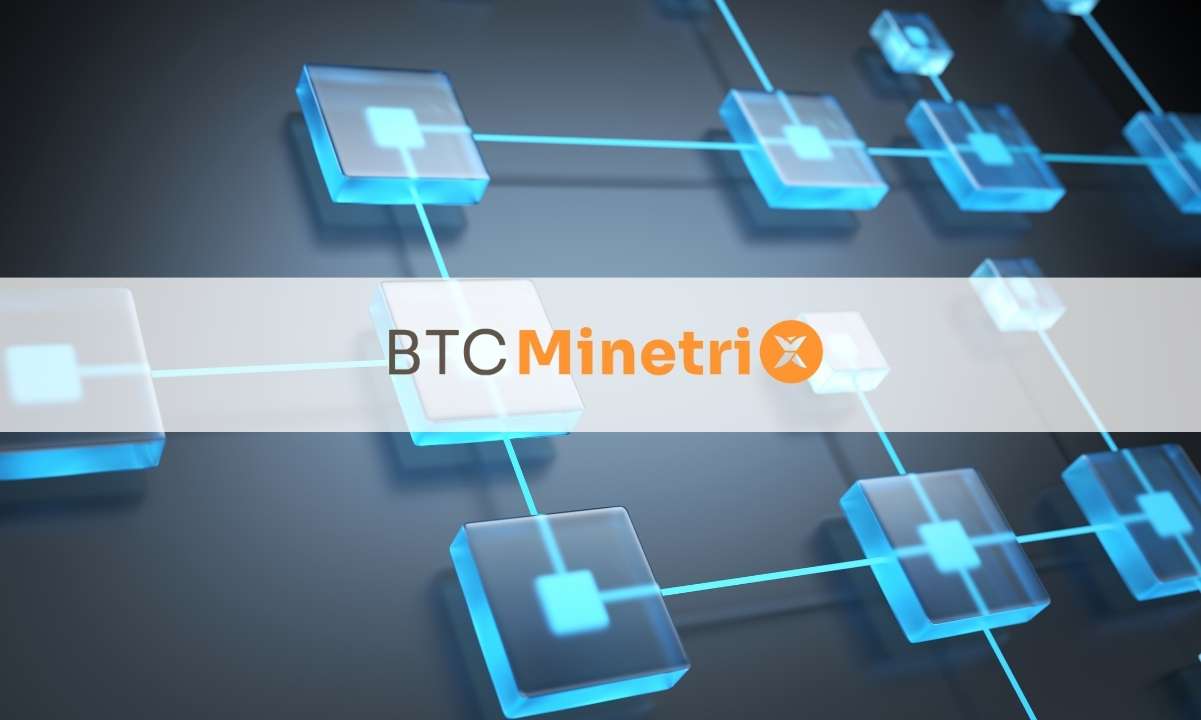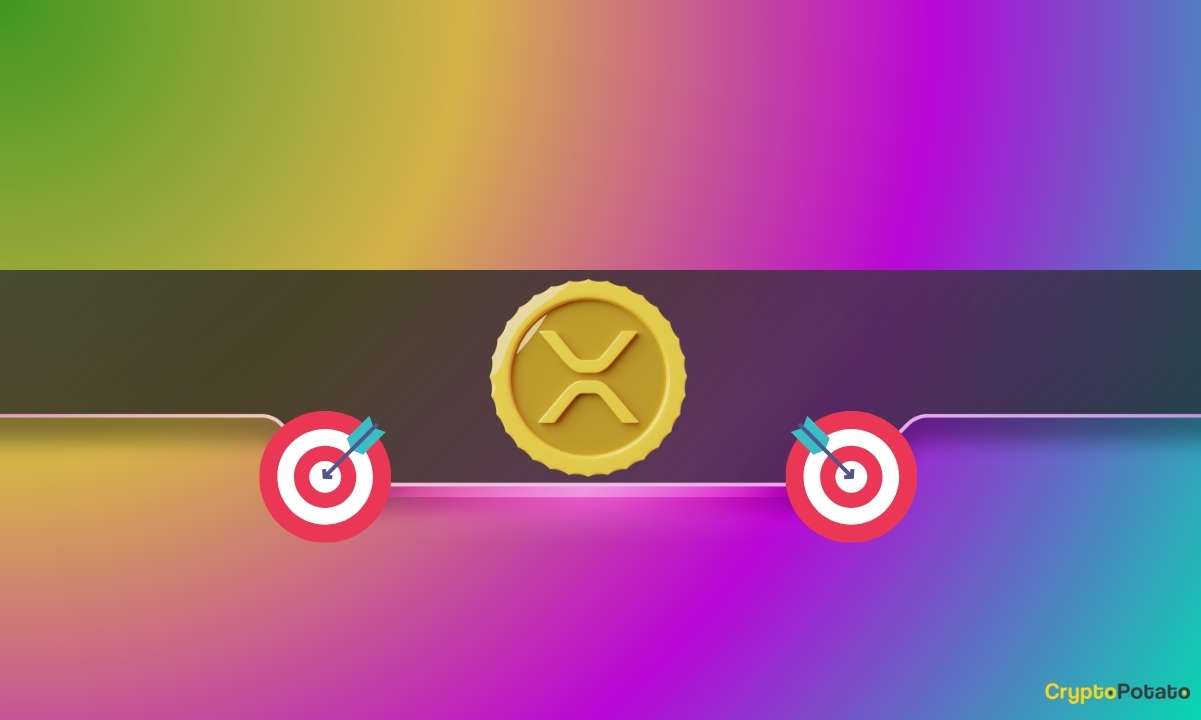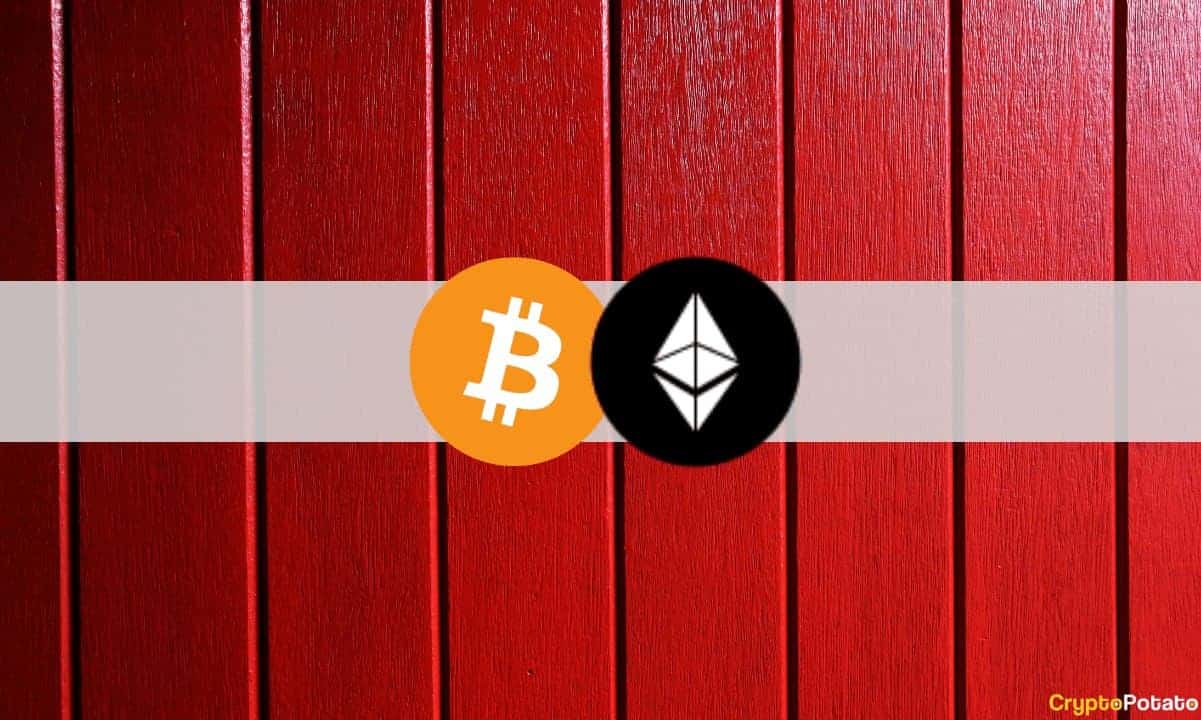ParallelChain and XPLL: Solving Critical Issues in Existing Blockchains to Further Adoption
[Featured Content]
Blockchain technology is growing in popularity at a rapid rate. From downright retail applications to complex enterprise solutions and even governmental infrastructure, the power of distributed ledgers has been recognized as a revolutionary development for applications and building Web 3.0.
When discussing blockchains, it’s impossible to disregard Bitcoin and Ethereum. They are considered the most secure and widely-adopted networks for a reason. They serve as a critical stepping stone to unlocking the potential of this still nascent technology.
However, Bitcoin, as well as Ethereum, both have their setbacks. Their current inability to scale to an enterprise-grade level has halted their advent and prevented further adoption throughout various industries.
Understanding their shortcomings and also using their strengths, ParallelChain comes forward with a different offering, as it can serve as a public, personal, and enterprise blockchain all in one.
With all of the above in mind, let’s have a closer look into the project, its use cases, and the opportunity that it provides to investors to buy the native XPLL token ahead of it being listed on exchanges later this year.
What is ParallelChain?
ParallelChain, developed by Hong Kong-based blockchain technology startup, packs a punch through its powerful capabilities of catering to the needs of public, personal, and enterprise users.
It places a strong emphasis on speed, scalability, and security, allowing the network to become a cornerstone across all industries, especially in the financial and technology sectors.
As a public chain, the network can serve as a decentralized distributed ledger that guarantees high efficiency and privacy of data. It can secure different types of information for single-user purposes, such as crypto-assets, biometrics, and transaction records. Enterprise users, on the other hand, can opt for a permissioned or a permissionless approach depending on their particular business needs.
This offers a level of flexibility that’s currently nonexistent in public networks such as Bitcoin or Ethereum. Moreover, unlike their relatively slow transaction processing speeds, ParallelChain can achieve an impressive throughput of over 100,000 transactions per second, making it among the fastest blockchains available on the market.
Going further, the network boasts a real-time latency of less than 0.003 seconds. Combined, these two core attributes make the network among the very few platforms that are capable of emulating the internet even faster, delivering bandwidths and speeds needed to power virtually any native and real-world application.
Other crucial features of ParallelChain include:
- Seamless migration from Ethereum and Hyperledger platforms.
- A non-consensus-based mechanism called Proof-of-Immutability to validate transactions.
- Unlimited scalability with no degradation in performance.
- Double-entry prevention in real-time.
- The ability to forget: the only blockchain with full compliance to GDPR and other data privacy regulations.
An Ecosystem of Applications
One of the many things that make ParallelChain’s offering distinct is the multitude of potential use cases, catering to virtually any industry. The Digital Transaction team brings forward a number of products, targeting various issues faced by users globally. These include the eKYC-Chain, PreventiveChain, ApprovalChain, and ChattelChain.
Below are just some of the examples that encompass challenges faced by numerous business segments.

KYC Identification and Verification
ParallelChain’s eKYC-Chain digitizes the Know-Your-Customer (KYC) process and delivers higher efficiency and reliability using anti-spoofing facial recognition, among many other capabilities. This allows institutions to improve the efficiency and the reliability of the entire KYC process, which is otherwise time-consuming and prone to many errors. FinTech company Paywiser is among its list of customers.
Insider Threat Prevention
When cyber-threats come from within the organization, outside-facing protections fail. This is where PreventiveChain comes into the picture. It supports 2D+3D Face ID recognition with anti-spoofing that prohibits log-in attempts using graphics and tracks user behavior in real-time. Meanwhile, an AI interface warns administrators if it suspects any malicious activity, such as taking a screenshot with a mobile device.
Instant Trade Settlement
ChattelChain is Digital Transaction’s asset tokenization platform. Programmable smart contracts on ChattelChain and the high throughput of ParallelChain™ allow for instant trading of fiat or crypto. Tokens of illiquid assets such as real estate and fine art can also be traded on ChattelChain.
Workplace Accountability
ApprovalChain is an application that ensures tasks being signed off as completed per requirement only when the agreement is actually reached. This solves the common issue of disputing responsibility for the successful completion of tasks or the failure of meeting requirements.
These are just some of the features that the rich ParallelChain product suite delivers. Immutable data storage, as well as workplace data protection and many others, are also tackled with efficiency.
The XPLL Token – Underpinning ParallelChain’s Ecosystem

XPLL is the native token of ParallelChain™, underpinning the foundation of the project. It’s a utility token built on the ERC-20 protocol standard and supported by any ERC-20 compatible wallet.
Users now have the chance to in its current pre-sales stage before it gets listed on exchanges later in2021. The public sale is scheduled to commence in June.
Aside from any ERC-20 wallets, XPLL holders can store their tokens as well as any other cryptos in the ParallelWallet, a digital wallet developed by Digital Transaction. Harnessing the power and built-in privacy of ParallelChain™, the wallet is made unhackable and can only be accessed allows for anonymous crypto-to-cash exchanges.
The benefits of XPLL holders are numerous. Right off the bat, they can be used to redeem licenses for Digital Transaction’s products. Moreover, XPLL tokens can be used to monetize contributions. Users who help maintain the network by running nodes or participate in the system can earn XPLL for their efforts.
In addition, there’s a governance capability attached to the token so holders can propose network changes, cast votes, as well as submit to the Council in the spirit of true decentralization. More information on the XPLL token can be found in their Whitepaper.









